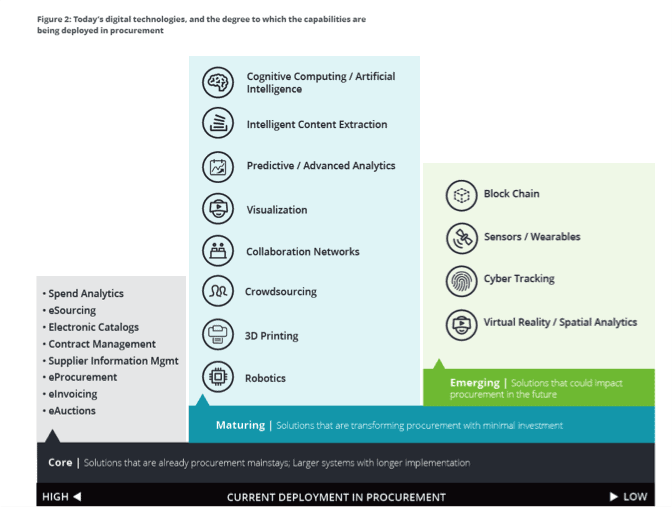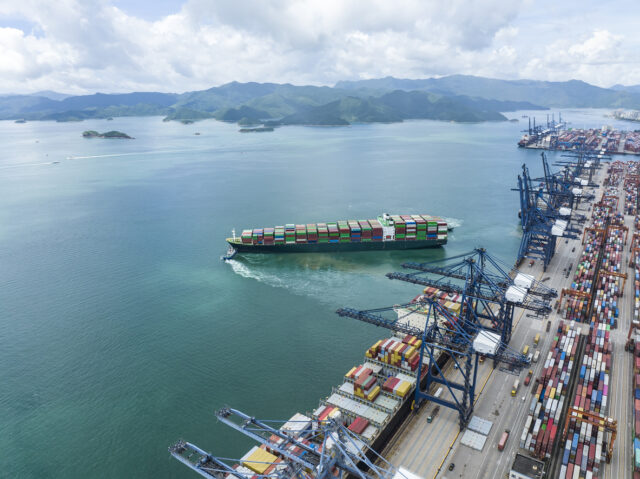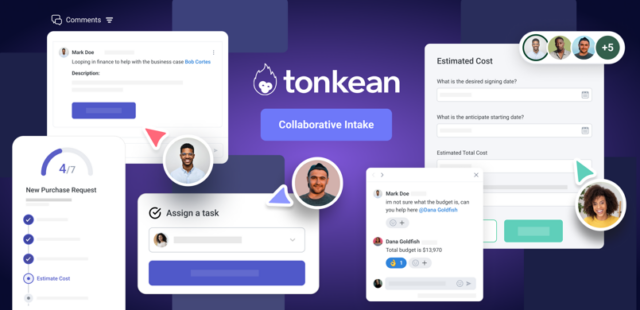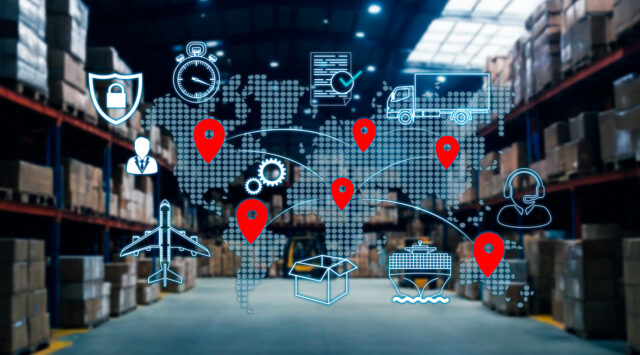It is fitting in the Abu Dhabi Government’s initiative ‘Digital Month’ to ask how Government Departments’ procurement functions are coping during the current crisis, and whether some have coped better than others, and if so, why? COVID-19 has given procurement leaders the opportunity to realise that different ways of working are possible. We should capitalise on this opportunity and make concerted efforts to improve and re-define what is really needed. Critically, we must capture ‘lessons learned’ to modernise and standardise our procurement operations.
The need to work remotely has favoured those procurement operations which had established paperless operations, e-Sourcing platforms and invested in technologically literate staff – while others have struggled to play catch-up with inefficient and outdated practices. There has had to be a new pragmatism around the need for original paper documents, sealed bid envelopes, wet signatures, stamps and associated logistics to enable core P2P operations to continue.
The crisis has not only shone a light on which organisations had effective business risk and continuity plans in place, and which organisations did not, but which organisations have successfully harnessed the power of technology and which organisations have not.
In the aftermath of the current crisis – procurement leaders must embrace the inevitability of Digital Procurement and lessons learned about the advantages of remote communication, streamlined on-line operations and better risk management in the supply chain.
What is Digital Procurement?
According to Deloitte*, Digital Procurement is the application of disruptive technologies that enable Strategic Sourcing (S2C) to become predictive, Transactional Procurement (P2P) to become automated, and Supplier Risk Management (SRM) to become proactive.
The prospect of harnessing the power of digital procurement is impossible if organisations are not fully utilising their ERP system’s capabilities and maintaining clean and accurate data in a shared system – rather than departmental silos.

Deloitte (2017) – New Capabilities from Disruptive Technologies, p. 5
What do we need, right now?
We need to reconsider “how” we work. Many of us have been following the same principles of procurement for too long plagued by over-governance and bureaucracy. We need to rewrite our standards and allow for more flexibility and agility in our procedures. We need platforms where buyers and suppliers can handle all requirements from developing scope of works to dealing with variation orders and conducting negotiations freely.
The days for sealed-envelope tender submission should be behind us and technologically advanced solutions should be replacing them. Many decision-making and approval processes are unnecessarily protracted and repetitive – and it is an area that needs to be exponentially improved upon. And, of course, we need to be more sustainable in our approach.
Many of us are overdue for digital and technological solutions which are user friendly, comprehensive and fast to implement. Currently, the implementation process can take far too long and by the time implementation is completed, a newer technology is available in the market.
Government Departments’ Procurement and Contracts operations need to work together in a proactive and coherent manner with each other, and with key stakeholders such as Finance, Audit and Legal to invest in a well-planned and comprehensive digital transformation based on integrated data sets and compatible technology platforms.
This will not only accelerate innovation but also reduce costs as well as create efficient delivery models.
Questions for the future
We may ask different questions – about time spent travelling to work, and participating in meetings, the potential of video conferencing, the future of online working, reduced hours and social interaction. What would a prolonged online workforce mean for corporate culture?
After COVID-19 – What will it take to re-design our decades old practices and promote transparency, agility and flexibility with the right level of governance?
Final thoughts
In general terms – the lasting impact of COVID-19 will be on how we work and live together, as a global community. Issues of risk, accountability and trust will have a lasting effect on the management of supply chains to meet the needs of businesses, communities, organisations and countries. News coverage of the crisis has often focused on trade relations and supply chain vulnerabilities, bringing the procurement profession into sharp focus. Governments are now acutely aware about supply security and the risks around the global mobility of people, products and services – therefore it is an opportunity to re-examine the whole of our procurement practice – one immediate step is investment in technology and people and coordinated improvements for all stakeholders in the procurement cycle.












